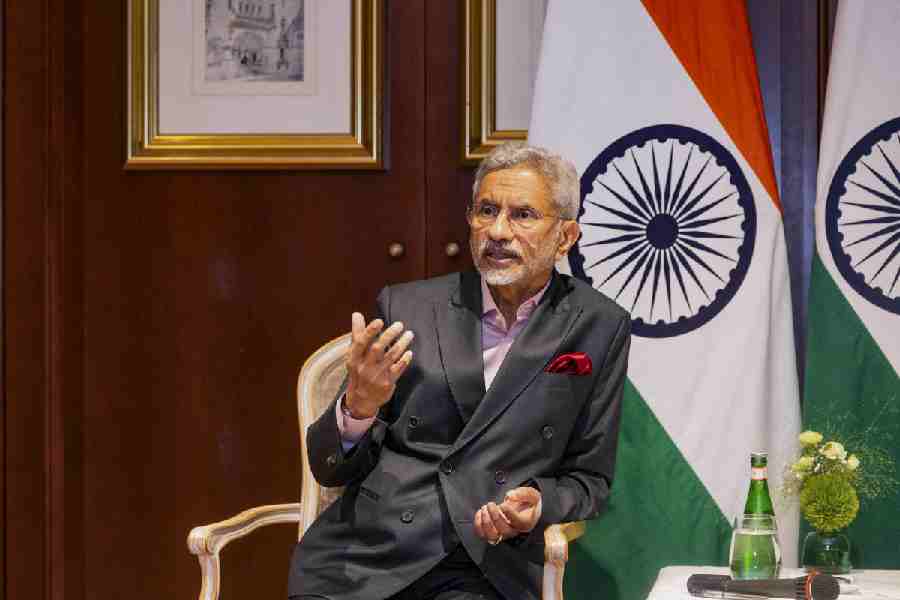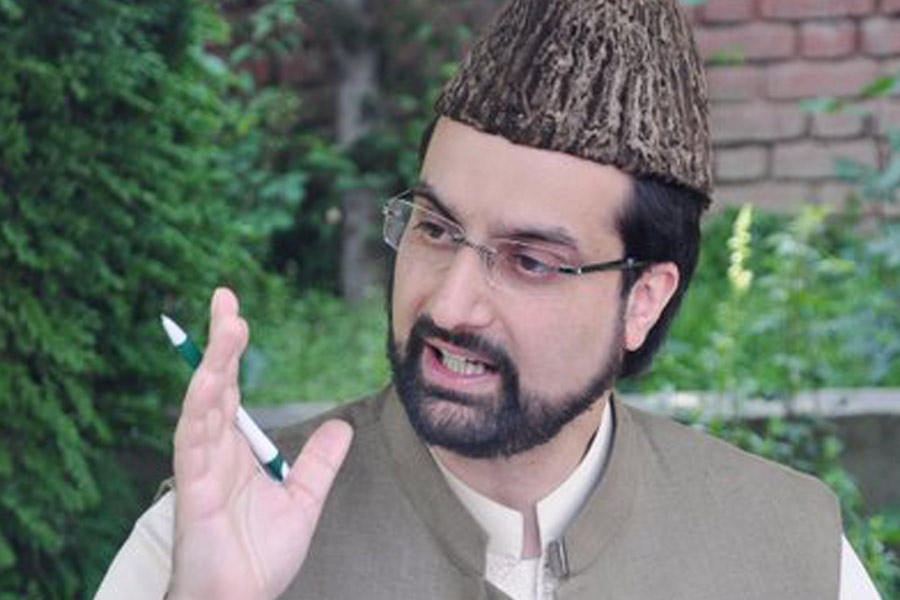 |
| lessons for generationext |
New Delhi, Jan. 29: Ju-hee Jung now knows Gandhi was right: even a simple act by a schoolgirl like her can make a difference to millions of people worldwide.
Nearly six decades after the Mahatma fell to an assassin’s bullets, hundreds of thousands of children across India and in other parts of the world will mark the day of his martyrdom this year in a unique way ? as the International Day of Non-Violence.
Their inspiration: an essay written in an English class by South Korean schoolgirl Ju-hee in Paris that has caught the imagination of several international luminaries and Indian policy-makers.
“My approach to life has changed after I read about Gandhi and ahimsa,” said 17-year-old Ju-hee, now studying medicine in Paris.
Asked to write on the theme “Can ordinary people like us change the world?” in class, Ju-hee had focused her essay on an incident in 2002, when two innocent Korean schoolgirls were crushed to death under an American tank near Seoul.
“Neither of the two American soldiers responsible got punished despite the whole country and expatriate Koreans protesting,” Ju-hee said, adding that this had filled her with pessimism.
Then she read about Gandhi.
Moved by her essay and attracted to Gandhi, 25 students of diverse nationalities studying at the International School in Paris walked to the Eiffel Tower on January 30 last year. On the way, they spoke about “Bapu” to curious Parisians.
This year, their initiative ? which has received support from Noam Chomsky and Iranian peace Nobel laureate Shirin Ebadi ? will be echoed across India by thousands of schoolchildren observing Ahimsa Divas in their schools.
The Nehru Yuva Kendras in each of the country’s nearly 500 districts plan to involve local communities in the initiative. The kendras are the government’s most widespread youth organisation.
“The idea is to involve the youth of today in serious thinking about Gandhi and his thoughts. Arjun Singh (the Union human resource development minister) is very excited about the concept,” said Shakeel Ahmed Khan, the kendras’ director-general.
In each district, the kendras plan to bring students from all government schools together in a cultural programme where the children will present items reflecting their understanding of ahimsa.
From 5.13 pm ? the exact time when three bullets struck the Mahatma 58 years ago ?the students will observe a minute’s silence.
“We will be asking the students to focus, during the silence, on ahimsa and the ideology of hate that killed Gandhi,” Khan said.
The students of the International School in Paris plan to do the same at the corresponding time there, and will be joined by children from other schools in the French capital.
Ju-hee and her friends are thrilled at the overwhelming response to what started out as “just a simple initiative”.
Senior academics in India are equally excited.
“I would like to see the appeal for January 30 being observed as International Day of Non-Violence become a living line that will attract and compel millions of people over the coming years to probe the roots of violence,” said NCERT director Krishna Kumar.
Historian Romila Thapar believes Gandhi ought to be naturally attractive to the youth.
“Great men like Nelson Mandela and Martin Luther King were influenced by Gandhi in their youth. This new initiative is exciting; it might once again get Indian youngsters attracted to Gandhi,” Thapar said.
Priya Dutt, Congress MP and daughter of the late Sunil Dutt, welcomed the appeal and said she intends to work out “an action plan” with other young politicians like Rahul Gandhi.
“We plan to go to schools and talk to youngsters about Gandhian values,” she said.











